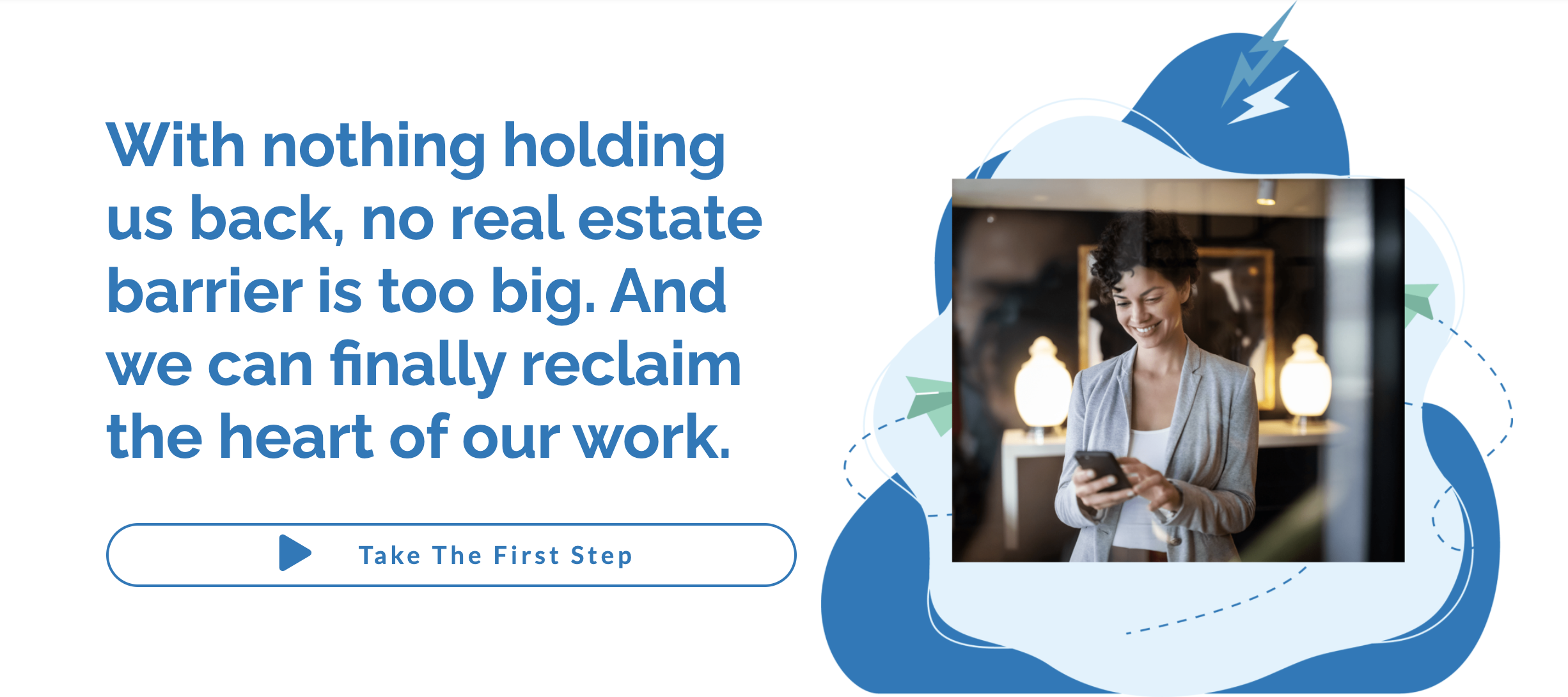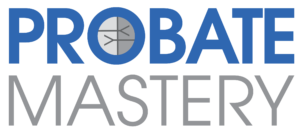Lead Generation: the Benefits and Stages of Quality Real Estate Leads

Here's the lowdown on real estate lead generation, what you need to know and how to be successful.
Your family knows you're in real estate. Your friends have seen your Facebook posts. Practically everyone you know has heard you say you can help them in buying, selling, renting a home. You give everyone you meet a killer business card that says “Call ME!” thinking it will create the real estate lead generation you need.
But like most real estate professionals, you probably need to produce more real estate appointments, foster more signed agreements, and close more transactions. And if that’s the case, then you need to understand the role lead generation can play in scaling your real estate business.
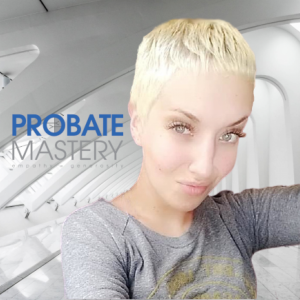
Katt Wagner
Podcast master and curator of probate knowledge, Katt is here to give you the intel on lead generation and the importance of marketing & sales.
Table of Contents
What is Lead Generation?
Lead Generation is the process of attracting and capturing an interested party’s contact information for the purpose of marketing and selling them your product or services.
Real estate leads are people who may have interest in selling, buying or renting real property, and to “generate” those leads you are making them aware and interested in your professional real estate services.
To put it simply, if you have a person’s basic information and can identify potential interest, you have a lead.
Lead generation is the first step in the sales process, and your potential customers are at the very beginning of their decision-making journey. You are creating enough interest in your services that those new customers will want to move forward in finding out more information about how you can help them.
Leads are also referred to as “sales prospects,” because you will need to get more information before qualifying them as a true customer. Why do they want your real estate services? When are they likely to make a decision? What factors are the most important for them in that decision? These are all important questions in the lead generation process.
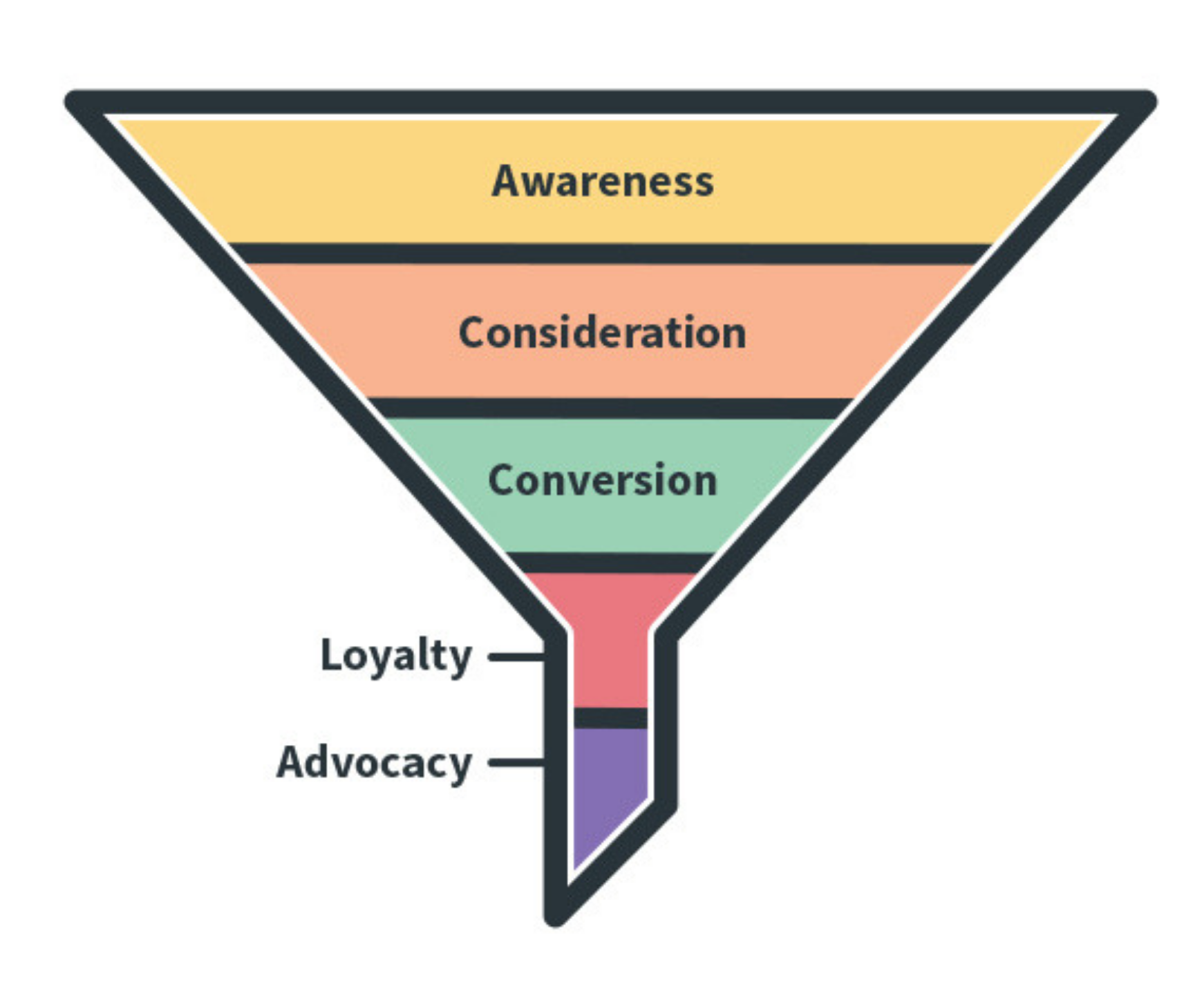
Leads are also referred to as “sales prospects,” because you will need to get more information before qualifying them as a true customer.
Why Real Estate Lead Generation is Important
As of May 2019, the median annual wage for real estate agents sits at $48,930, with the median number of residential side transactions sitting at 12.
Your success in real estate is directly dependent on the number of transactions you get under your belt. To get more transactions, you absolutely must generate more leads.
Lead generation is extremely important because it is not possible to turn every single person into a customer.
Some people don’t have real estate needs right now. And others have real estate needs but don’t know they can benefit from working with someone like you. Still, others might already be on the search for an agent or investor, but don’t know who you are or what makes you the best pick.
Lead generation will help you find customers and reduce the time and money you would otherwise waste trying to reach and sell the wrong people.

"We hear all the time that the reason people leave the profession is that they don't like the unevenness of the income. There is a 37 percent attrition rate annually."
Outbound vs. Inbound Lead Generation
Real estate lead generation can be broken down into two categories:
- outbound (cold), and
- inbound (warm)
Outbound lead generation includes methods like cold calls, direct mail, and advertising. Outbound marketing methods are considered to be “traditional” advertising, and although they have changed over the years - they still work.
Inbound lead generation relies on content and brand development to work, and includes methods like organic search engine optimization, social media and email marketing. Both strategies help create awareness and stimulate interest, but in very different ways.
The key difference between outbound and inbound lead generation is that inbound customers have control over the time and place in which they engage with your company. They are choosing to spend their time with your company based on the value that you give them. Valuable content and interactions with potential customers captures attention and builds trust.
If the content you use for inbound marketing is evergreen, your marketing efforts can have an impact for much longer. For example, the content on your website or email nurturing campaign keeps customers coming back. Inbound campaign budgets typically stretch farther than outbound campaigns, but they can also take much longer.
With outbound lead generation, you control the time and place of the interaction. Outbound methods are especially prevalent in the beginning of a customer relationship - in the attraction phase. Running ads, direct mail or calling campaigns carry higher production costs upfront, but even inbound campaigns often use these traditional methods to help move business along.
Outbound lead generation is intentional
It’s important to understand that outbound lead generation is when you intentionally reach out to somebody to make them aware of who you are, what you’re doing, and what you can offer them. Inbound lead generation, on the other hand, is when you put yourself in the position to be found by potential customers; you’re creating pathways to attract people, make them aware of what you do, and build their interest in doing business with you. With inbound lead generation, potential customers have a sense of ownership over their intent to consume your content, opt in to provide their contact information, and move forward in any decision making process.
Let’s consider how outbound and inbound lead generation fit into the customer journey: You might first use “cold” outreach to introduce yourself to people who would never cross paths with you otherwise. Whether someone finds you first or you find them first, inbound marketing warms people up to the possibility of doing business with you. Outbound marketing will continue to play an important role in recapturing interest and engagement from people who are interested but have gotten sidetracked and distracted somewhere along the way.
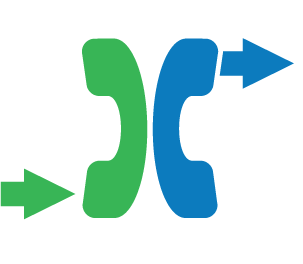
The key difference between outbound and inbound lead generation is that inbound customers have control over the time and place in which they engage with your company.
Three-Phases of Real Estate Leads
If you’re a new agent or investor with smaller budgets, understanding where someone is in the decision-making process will help you channel your marketing dollars effectively.
With both outbound and inbound lead generation, a real estate lead will begin to warm up to your brand as you offer them value. As they become educated about your brand and services, they will go through what is called the customer journey, where there are three traditional phases: Awareness, Consideration and Decision.
To break that down even further, we associated the Awareness phase with the most Basic Leads, the Consideration phase with Marketing Qualified Leads, and the Decision stage with Sales Qualified Leads.
The stages of lead generation aren’t always distinct or mutually exclusive, but they are helpful in dispositioning how likely and how soon a lead might be ready to work with you.
Let's take a deeper look at each real estate buyer and seller lead stages:
Basic Real Estate Leads
Basic leads are both cold and warm leads that have not yet become aware that they need your services. They may be aware that they have a problem that needs solving, but they haven't yet decided on a solution, or that they need a real estate professional. If you have their information, but they aren't aware of it, then they are a cold lead in the most basic awareness phase.
Marketing Qualified Leads (MQLs)
A qualified lead is someone who has shown interest in a real estate solution and are considering their options. Real Estate professionals need to consider what criteria they want to use to qualify their leads. For example, some professionals qualify their leads based off of a phone call, letter, emails, or maybe visits to their websites. These leads are most likely willing to provide additional contact information in exchange for curated listings and offers like free guides and checklists. These interactions indicate a person is more likely to become a client, even if they aren’t ready to sign a representation agreement yet.
Sales Qualified Leads (SQLs)
Once a lead becomes qualified, they will most likely enter the third and final decision phase, realizing that you could be the solution they are looking for. This is a transitional phase from marketing to sales, and you are qualifying them to become (or not become) a client.
These leads are indicating that they are motivated and ready to engage in a two-way relationship with you - or with a competitor.

Comprehensive real estate lead generation strategies will employ both outbound and inbound lead generation in an ongoing and dynamic fashion as potential clients move forward.
How the Probate Mastery Methods Create Seamless Real Estate Lead Generation
Many real estate professionals work more than 40 hours each week trying to build a business amidst the competition. They often work evenings and weekends to accommodate clients’ schedules and start believing that being busy all the time will guarantee success.
They forget they entered the real estate space to make more money and regain control over their time.
If you’ve ever found yourself ready to pay for leads, you’re not alone! But remember, having a basic lead - a name and basic contact information - is just the beginning of the journey. The 10% of real estate agents doing 90% of the transactions each year are successful because they take actionable steps to move leads forward in the pipeline.
Your success in real estate isn’t about doing 1,001 different things and somehow managing to find time to live. The truth is you just need to get a few things right and do those things consistently. And you don’t need to go through the learning curve and trial-and-error of marketing optimization, either.
Probate Mastery offers a new way to do real estate by focusing on listings that nobody else has access to. The methods taught through Probate Mastery On Demand not only allows real estate professionals to become experts in probate, but empowers agents and investors with a success roadmap.
Learn to craft offers, market to the right people, create the systems you need to work it, build a referral system, and much more.
